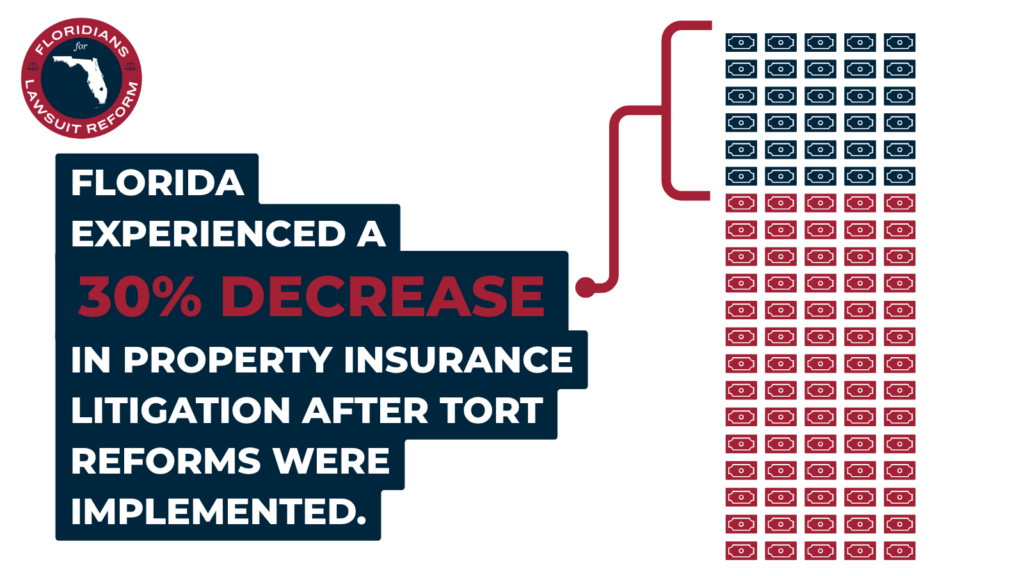
Jun 2, 2025
The Florida Office of Insurance Regulation (FLOIR) has announced a 30% decrease in property litigation rates following the implementation of the state’s tort reforms. This announcement was made on the social media platform X.
According to the Florida Senate, the tort reform measures passed in 2023, particularly House Bill 837, have significantly impacted reciprocal insurers by reducing litigation and limiting one-way attorney fees. These fees had previously inflated legal costs in property claims. The reforms are notably significant for reciprocals, where policyholders also serve as insurers and directly bear legal costs. By decreasing litigation incentives, these measures aim to protect member surplus contributions and enhance financial stability.
A report from the Florida Senate Banking and Insurance Committee indicates that reciprocal insurers and other carriers experienced a substantial decline in loss adjustment expenses following tort reform. Some reciprocals reported savings exceeding 15% year-over-year, largely due to fewer contested claims and reduced legal costs. For reciprocals, this reduction improves underwriting results and lessens the need for additional member contributions.
AM Best has reported that reciprocal insurers in Florida improved their combined ratios in 2024, partly due to declines in litigation and increased rate stability after changes to tort law. Several reciprocals transitioned from underwriting losses to breakeven or slightly profitable positions for the first time since 2020. This shift underscores how legal reforms have directly influenced the financial performance of mutual risk-sharing structures.
The Florida Office of Insurance Regulation is tasked with regulating the state’s insurance industry, which includes overseeing licensing, rates, policy forms, market conduct, and solvency. The office manages all major lines of insurance such as life, health, property, and casualty insurance under the direction of the Florida Financial Services Commission.
